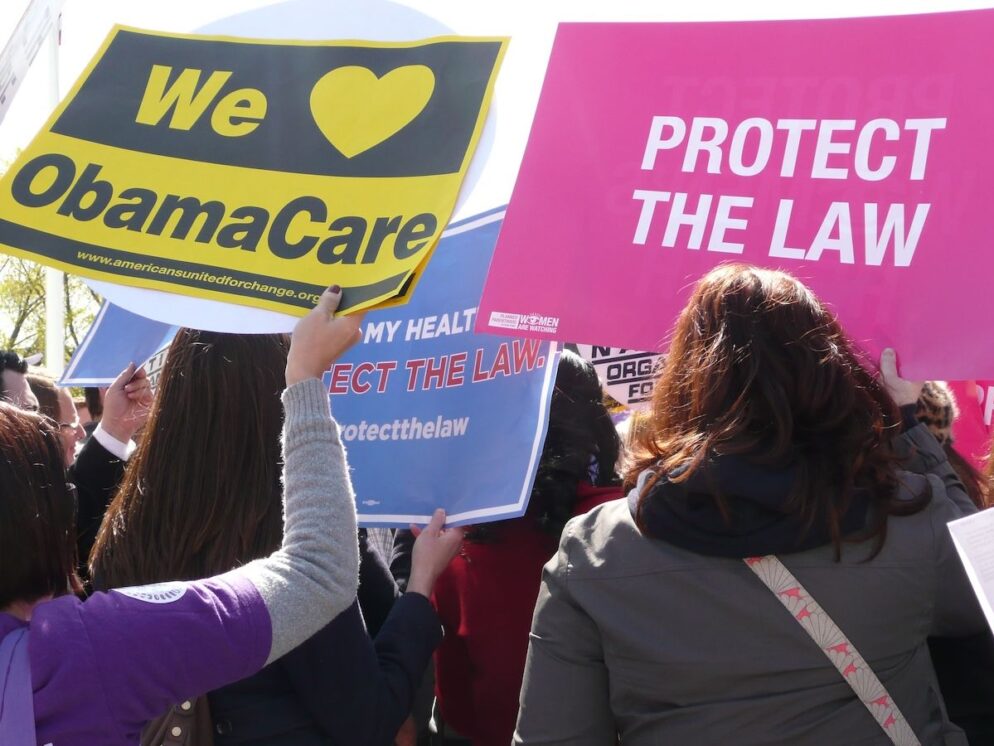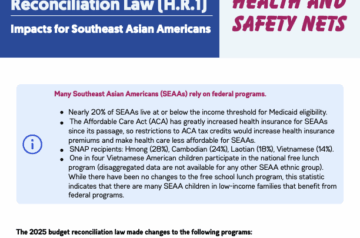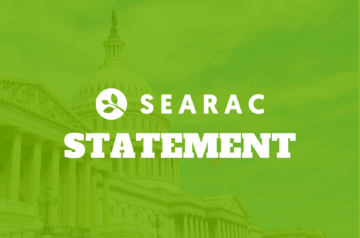WASHINGTON, DC – Today, a federal district court judge struck down a provision of the Affordable Care Act (ACA) that provides more than 150 million Americans with critical preventive health services. For over a decade, the ACA has required private insurance health plans, including those provided by employers as well as plans purchased individually, to cover many preventive services without cost to patients. Today’s ruling will allow insurers and companies to opt out or force consumers to pay part of the cost, making more than 100 preventive services inaccessible for millions of people — including life-saving screenings for cancer, hepatitis, heart disease, blood pressure, and depression, among others.
The ruling has serious consequences for Southeast Asian Americans (SEAAs). SEAAs suffer disproportionately from hepatitis B, which can lead to cirrhosis, liver cancer, and liver failure. Hmong American and Vietnamese American women are at a disproportionately higher risk of cervical cancer. And, as refugees who escaped war and violence, many SEAAs need support for lingering physical, mental, and emotional trauma, which is further compounded by the ongoing lack of culturally and linguistically responsive health care.
“Today’s ruling unconscionably puts the health of millions of people at risk and will deepen racial and ethnic inequities, including for Southeast Asian Americans (SEAAs),” said Katrina Dizon Mariategue, Acting Executive Director of SEARAC. “Since the implementation of the Affordable Care Act, the percentage of SEAAs who are uninsured decreased. Many of our community members were finally able to access essential preventive services. Equitable access to health care is more important now than ever, especially with the lasting effects of the Covid-19 pandemic. SEARAC condemns today’s ruling, and we hope that it will be appealed and the preventive services requirement reinstated. We will continue to advocate for SEAAs, and all Americans, to have health care that is comprehensive, affordable, and culturally and linguistically responsive.”




